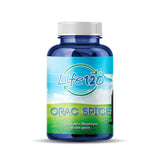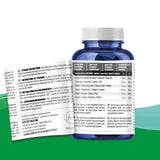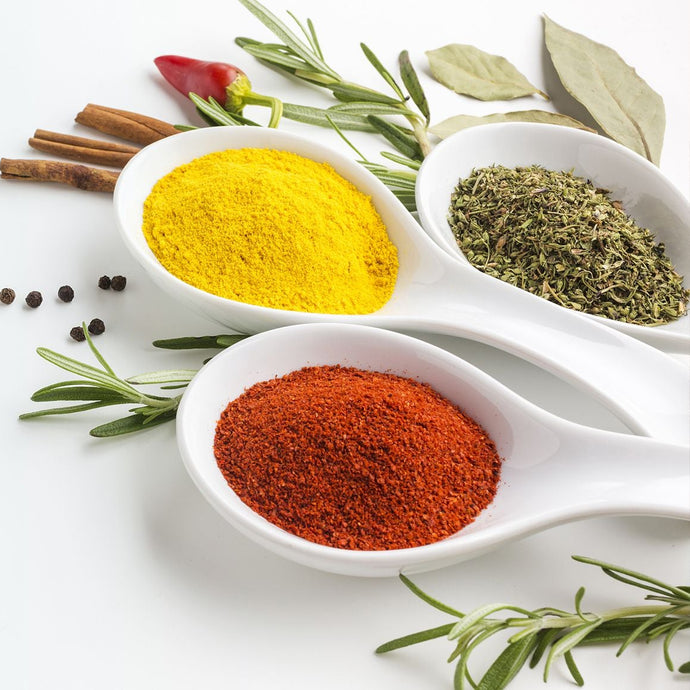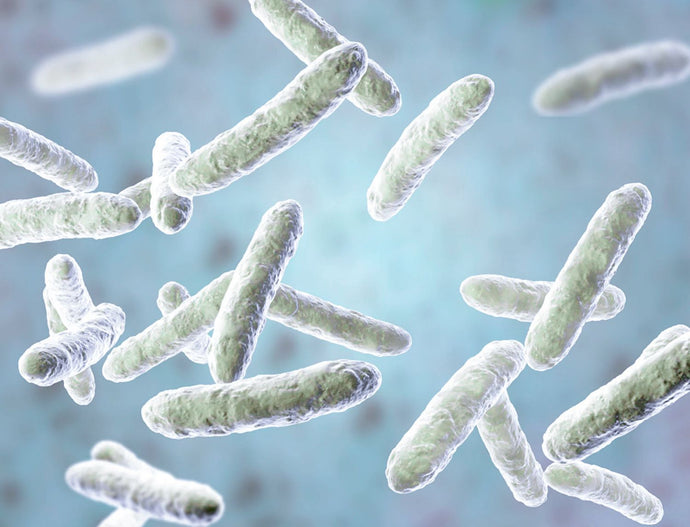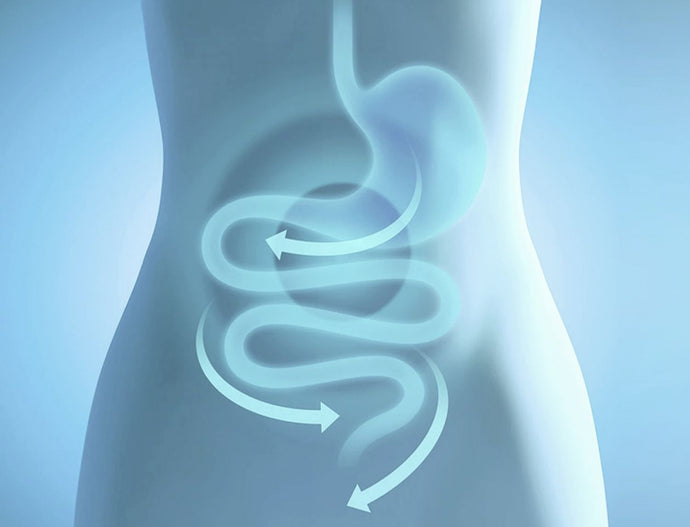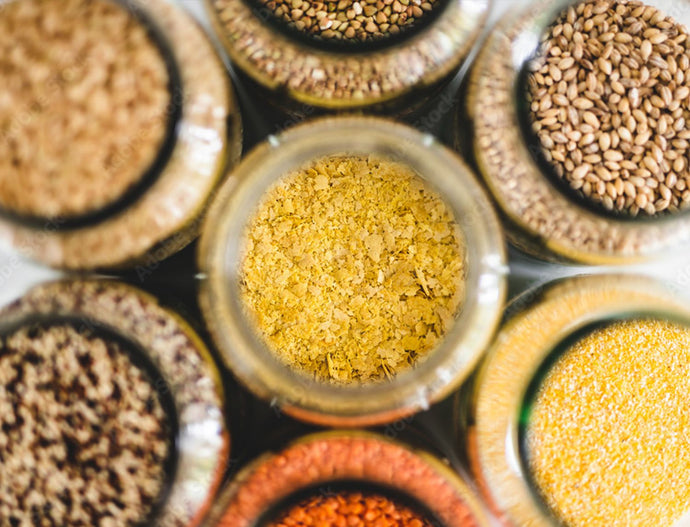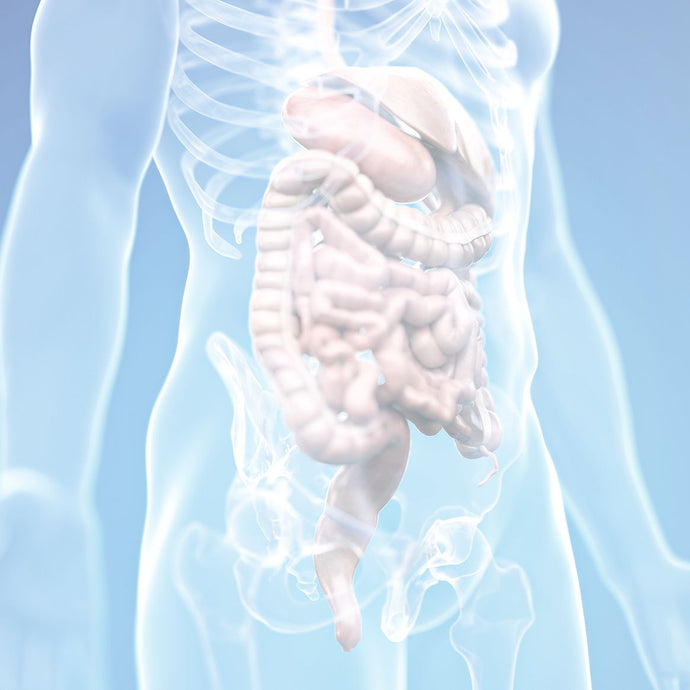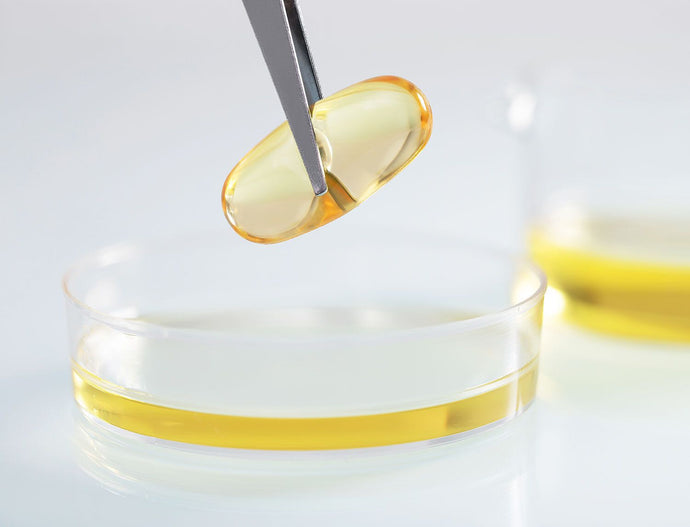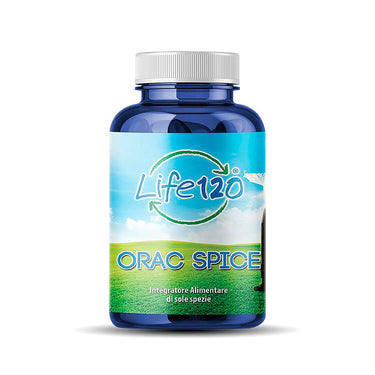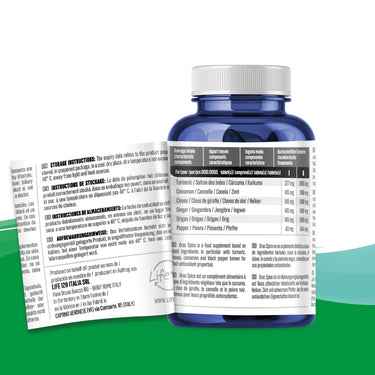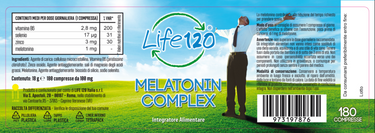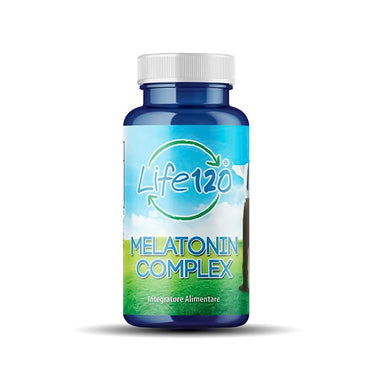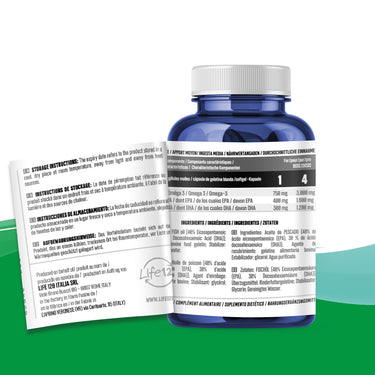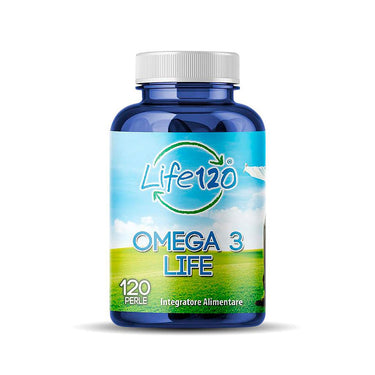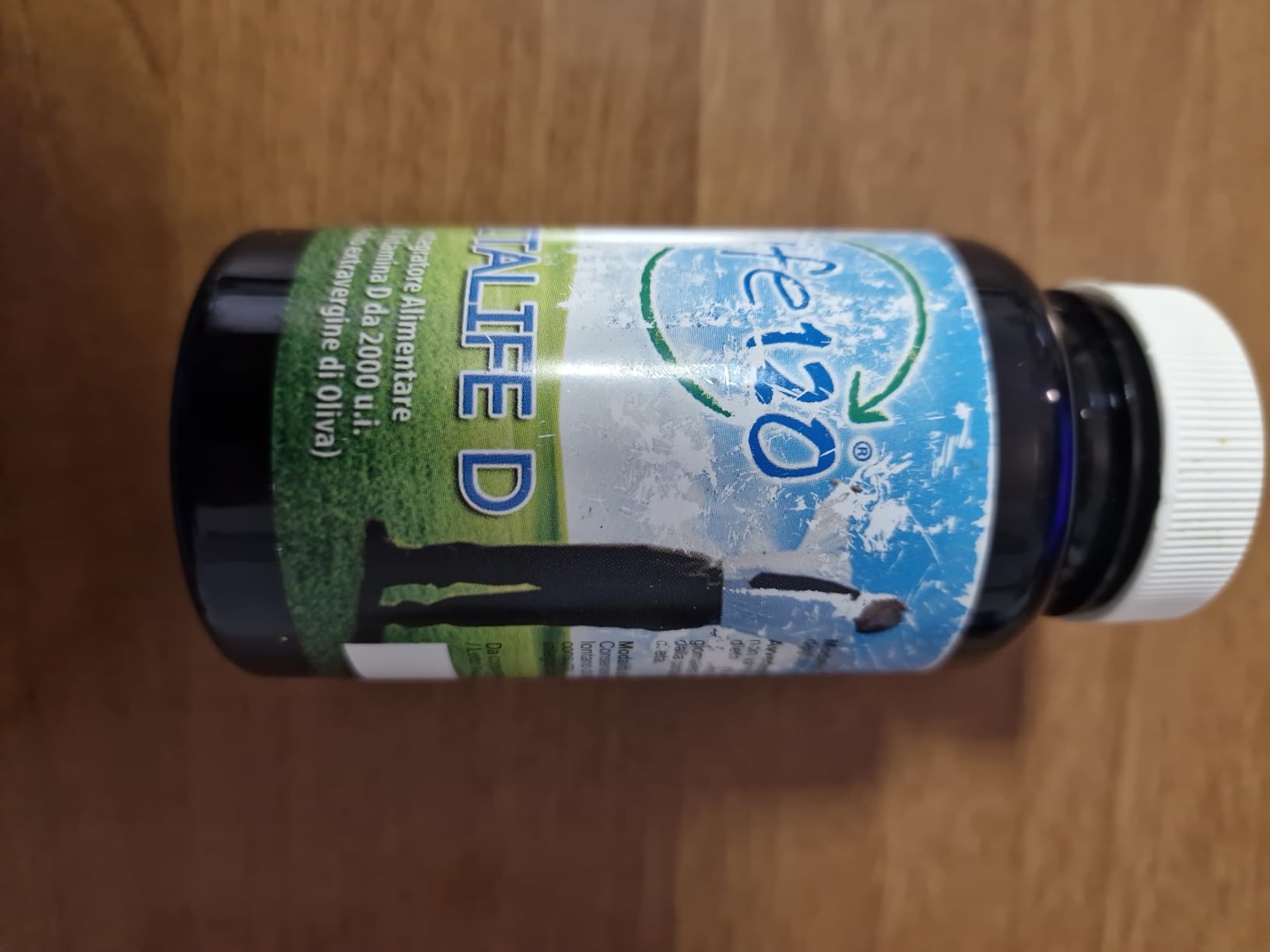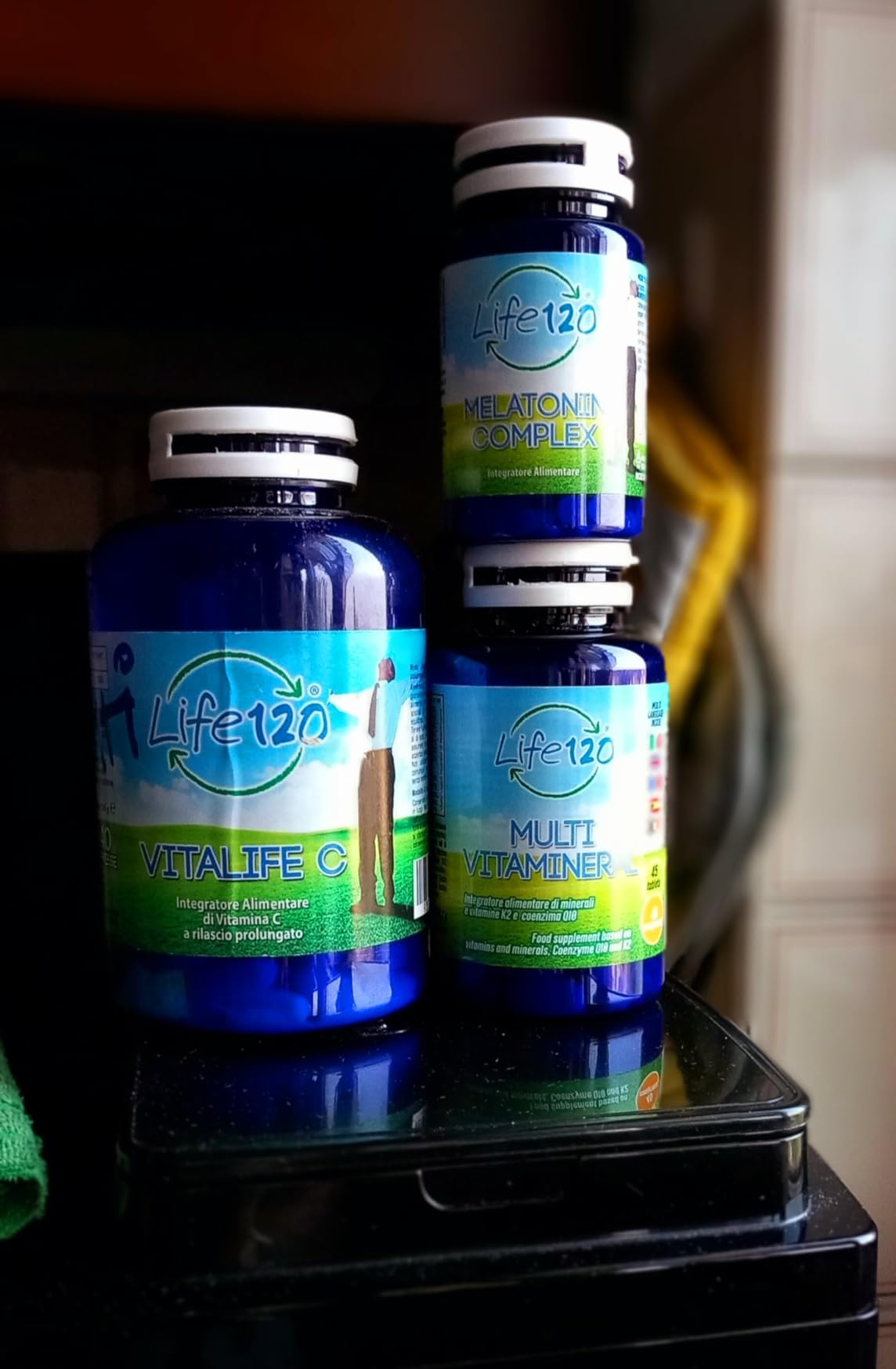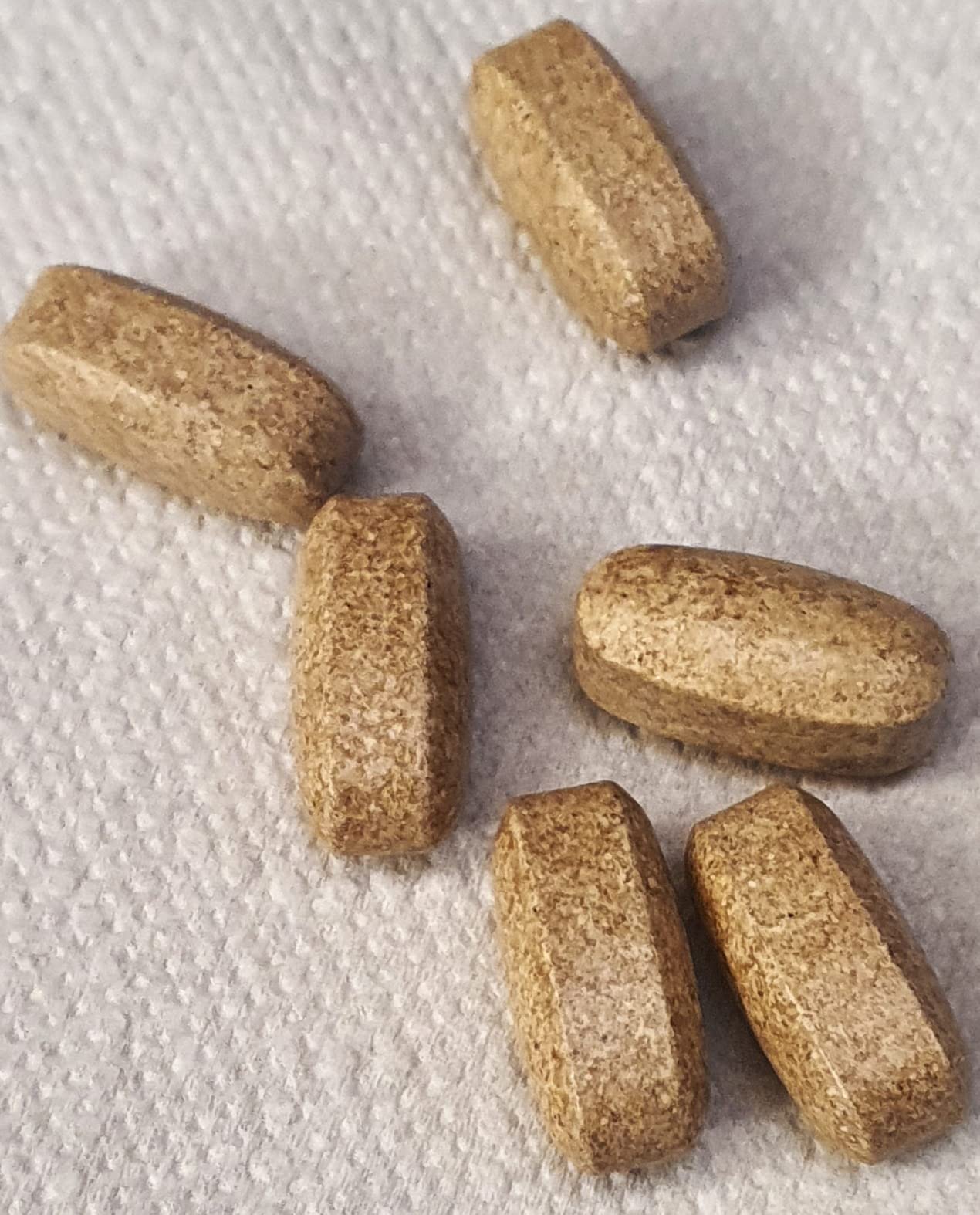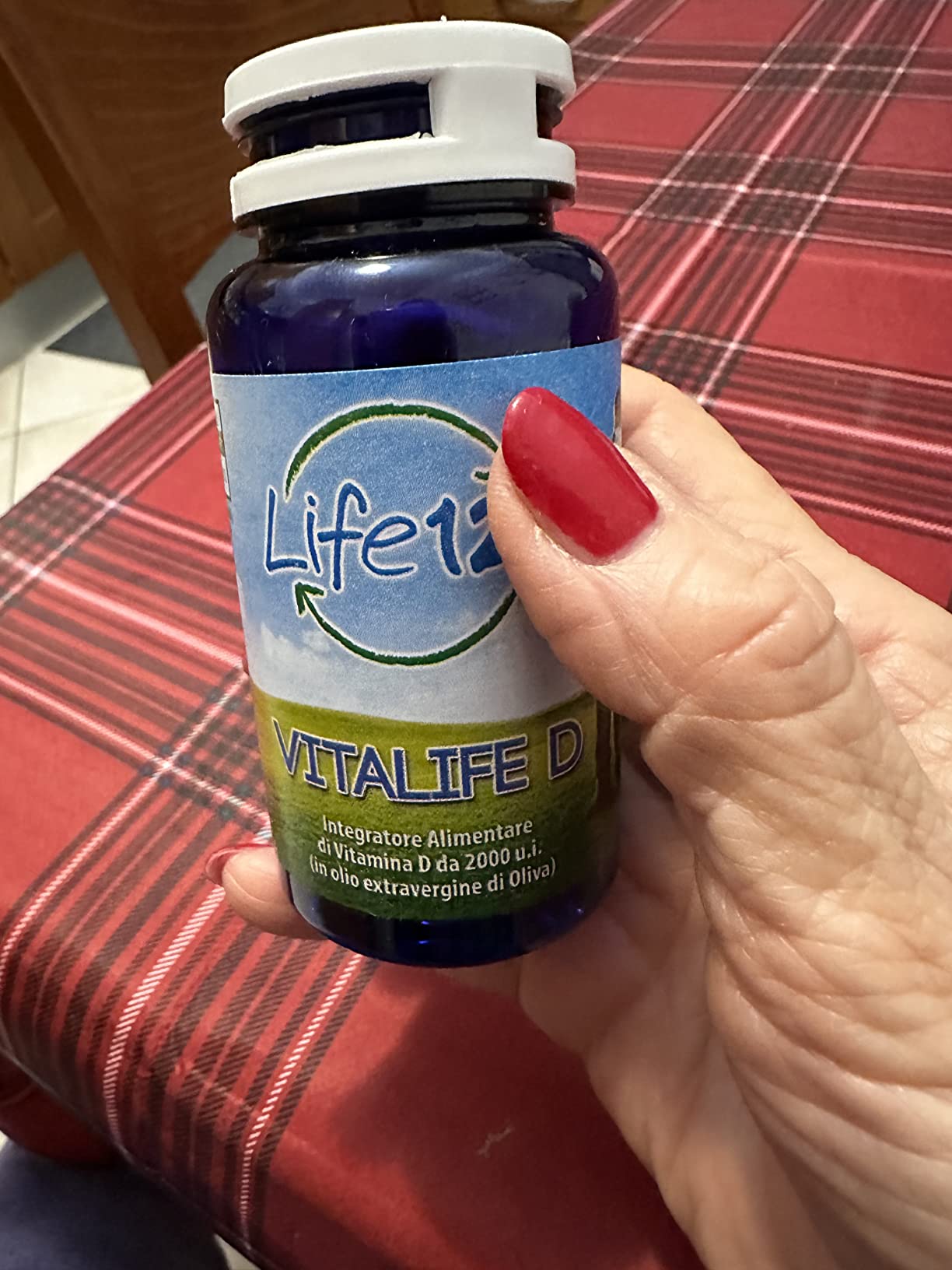1. 3016 mg of turmeric
It offers a powerful antioxidant action to counter the damage induced by free radicals, responsible for the damage to damage to cell membranes and aging. This effect is particularly visible at the level of the liver, an organ often affected by fat infiltration or intoxication.
It supports the digestive and joint function and would seem useful in the presence of inflammation and joint pain, helping to preserve its elasticity and functionality.
Turmeric is also used to counteract the disorders of the menstrual cycle, with a possible reduction of the somatic and physical effects of premenstrual syndrome, probably thanks to the modulation of neurotransmitters and the modification of blood circulation.
2. 1160 mg of clove nails
They have a balsamic (antiseptic) effect: it would be particularly useful both against Staphylococcus aureus and towards Escherichia coli, often responsible for urinary tract infections.
In addition to its antioxidant properties, it promotes the well -being of nose and throat and therefore of the oral cavity, often affected by bacteria that induce the onset of dental caries and other periodontal disorders.
Another relevant function is to regulate gastrointestinal motility with the elimination of gases: in Indian medicine they seem to have an important role in the treatment of disorders such as flatulence, diarrhea and colic.
3. 1160 mg of cinnamon
It is antioxidant towards various cells, including neurons whose suffering caused by exposure to free radicals leads to various neurodegenerative problems.
Useful to encourage digestive function and support the correct metabolism of sugars, helping to regularize the absorption of sugars: the instability of the digestive system often does not allow a correct metabolization of carbohydrates within our body, and this could negatively affect both energy and blood sugar production.
It supports intestinal regularity by providing relief from constipation and eliminating intestinal gases.
4. 1160 mg of Oregano
It has a balsamic effect: the antibacterial and pesticide properties add up to the antifungal ones and in particular towards some mushrooms (Aspergillus Niger and Candida Albicans) which often take over following a general weakening of the immune system or the use of antibiotics (facilitating the establishment of disbiosis).
It stimulates regular gastrointestinal motility with elimination of gases.
Its digestive function is also recognized by Chinese medicine that use it in subjects with dysentery, vomiting, malnutrition and jaundice (yellowish coloring of the skin caused by liver malfunction).
It supports the fluidity of bronchial secretions: in popular medicine it is used for various problems that concern respiratory tract such as coughing, catarrhal affections and bronchial inflammatory states.
5. 1160 mg of ginger
It is useful for contrasting nausea and vomiting, often caused by acute or chronic problems of the digestive system (gastritis, peptic ulcer, entertainite).
It supports digestive function through an increased production of bile and gastric juices.
It promotes the elimination of intestinal gases, contributing to the rebalancing of the bacterial flora with a relative positive impact on meteorism, swelling, flatulence, colitis, diarrhea and constipation.
It supports gastrointestinal motility with an increase in intestinal peristalsis.
It is a precious ally of the heart and promotes the regular functionality of the cardiovascular system.
It contrasts localized states of tension: the progressive accumulation of tension, following an intense and repeated exposure to stress, is at the origin of many disorders located in different parts of the body (headache, muscle contractures etc.).Supports joint function: the joints are often affected by inflammatory and degenerative problems (arthrosis or arthritis) which lead to the loss of elasticity, flexibility and functionality with an inevitable negative impact on the quality of life caused by pain.
6. 344mg of black pepper
The black pepper supports the regular gastrointestinal motility with the elimination of gases, and promotes the regularity of the intestinal transit.
It also supports digestion and regular functionality of the cardiovascular system.
Several scientific studies indicate that the presence of black pepper is able to increase the absorption of curcumin (main active ingredient of turmeric) by 2000% (i.e. 20 times!).
Furthermore, black pepper is strongly antioxidant and helps to reduce oxidative stress induced also by a flowing diet
